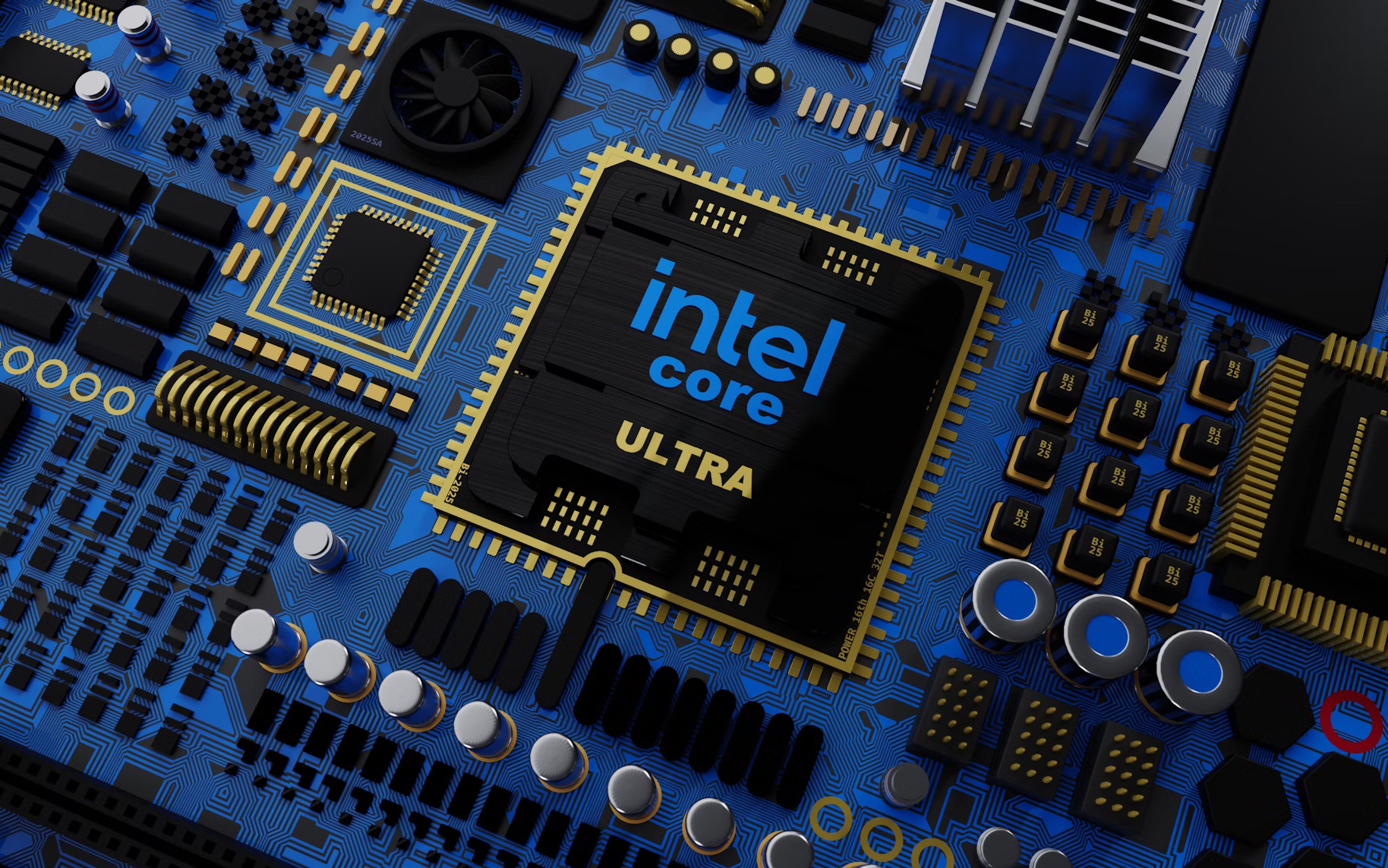
Intel has warned of potential “adverse reactions” from investors, employees, and international partners following the Trump administration’s decision to take a 10% stake in the company. In a Securities and Exchange Commission filing, Intel highlighted risks tied to foreign sales, which accounted for 76% of its $53.1 billion revenue in fiscal 2024. The company stressed that being directly linked to President Donald Trump’s shifting trade and tariff policies could strain its relationships abroad.
Shareholder Impact and Government Role
The deal, announced Friday, hands the Department of Commerce up to 433.3 million Intel shares, diluting existing shareholder value. Much of the purchase is funded through the CHIPS Act, which has already allocated $11.1 billion to Intel. As part of the agreement, the government will now vote with Intel’s board of directors, a move that Intel acknowledged could limit future transactions and reduce stockholder rights.
Legal and Financial Uncertainty
Intel admitted in its filing that it has not yet completed an analysis of the deal’s “financial, tax, and accounting implications.” The company also warned that political changes in Washington could challenge or even void the agreement. Litigation and heightened scrutiny are possible outcomes, the filing added.
The announcement follows a turbulent fiscal year for Intel. Former CEO Pat Gelsinger resigned in December after a tenure marked by declining stock performance and competitive losses in the AI market. Lip-Bu Tan, who assumed leadership in March, now faces the challenge of navigating Intel’s dependence on government-backed programs while restoring investor confidence.
What The Author Thinks
Intel’s partnership with Washington may boost its short-term funding, but it blurs the line between corporate independence and government influence. While Trump frames the deal as essential for America’s technological edge, Intel risks becoming a political football in a larger trade and industrial strategy. Long-term stability may depend less on subsidies and more on regaining competitive ground in AI and chips against rivals like Nvidia and TSMC.
Featured image credit: BoliviaInteligente via Unsplash
For more stories like it, click the +Follow button at the top of this page to follow us.
